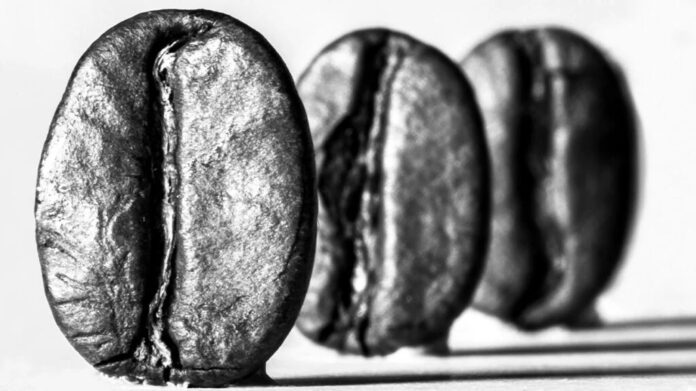
- A new study finds that people who metabolize caffeine slowly are three times more likely to develop kidney dysfunction.
- Other research has suggested that coffee promotes health, including kidney health.
- The slow metabolism, says the new study, is the result of a gene variant present in half the population at large. They propose that this may account for the conflicting conclusions of previous studies.
While some research has linked the consumption of coffee to kidney damage, other research has
It also finds that for some people, coffee can indeed be damaging to one’s kidneys.
The new study finds that the presence of a particular gene variant can result in coffee being three times more likely to cause kidney dysfunction.
The researchers say it is all about the speed at which a person metabolizes caffeine. In the study, about half of the participants had the rs762551 variant of the CYP1A2 gene, a variant that caused them to metabolize caffeine more slowly. This group was determined to be at a higher risk of kidney damage.
The authors say that this is about the same percentage of slow caffeine metabolizers in the general population.
The study assessed kidney health by tracking three accepted markers of kidney dysfunction:
The study is published in
The observational study spanned about 16 years. It involved a population of 1,180 participants ages 18 to 45 years, with each regularly being assessed over a 7.5-year follow-up period. All participants had untreated stage 1 hypertension and had been recruited as part of the separate
Dr. Sara Mahdavi, was the lead author of the study as a researcher with the Department of Community and Family Medicine at the University of Toronto.
After identifying those with the problematic CYP1A2 variant, Dr. Mahdavi said:
“It was remarkable to see just how striking the effects of coffee were in the group that had this genetic variant, yet no effect whatsoever in those who did not.”
People who metabolized caffeine slower and who drank three or more cups of coffee each day were 2.7 times more likely to develop kidney dysfunction.
They were also 2.8 times more likely to develop hypertension.
Medical News Today reached out to nephrologist Dr. Francis Perry Wilson, associate professor at Yale School of Medicine, who was not involved in the study. He expressed concern about the accuracy of the authors’ conclusions:
“While the study shows an interesting association between coffee intake and the risk of kidney disease in a subgroup of the population, I have some concerns about the statistical analysis that make the conclusions difficult to interpret.”
“Particularly, the fact that the event curves go to 0 implies that every participant is assumed to experience the event over time, when in fact, that is biologically not possible. This can sometimes arise when individuals followed for longer in a study are significantly different from those followed for a shorter time,” he elaborated.
“Caffeine is the most widely studied substance in coffee and can be found in other beverages like tea, cola, and energy drinks. Coffee contains many substances that can have various effects on the body, both beneficial as well as harmful,” noted Dr. Mahdavi.
The study suggests that it is only harmful in people whose ability to quickly detoxify caffeine out of their system is impaired.
“This implicates caffeine, specifically, as the component in coffee that can damage the kidneys. It also suggests that caffeine from any source can be harmful in those individuals who have this genetic variant that impairs their ability to eliminate caffeine from their system,” she explained.
The authors hope the study’s findings will prompt a re-examination of the
“[D]ecaffeinated coffee is virtually devoid of caffeine, those who consume decaf would not have a higher risk of kidney dysfunction, regardless of their genetics.”
— Dr. Sara Mahdavi, lead author
There are general guidelines as to the relative amounts of caffeine one can expect to find in different caffeinated beverages such as coffee, espresso, and tea.
However, there are a
According to the study’s senior investigator, the University of Toronto’s Dr. Ahmed El-Sohemy, the CYP1A2 enzyme metabolizes certain compounds such as caffeine, some medications, and several dietary substances.
“Although the enzyme detoxifies caffeine, it can actually activate some pro-carcinogens that are found on the surface of barbecued meat,” Dr. El-Sohemy noted.
In addition to the rs762551 variant, he said, there were a “number of factors that can either increase or decrease the activity of CYP1A2, regardless of whether a person is a fast or slow metabolizer.”
Dr. El-Sohemy said that hormonal contraceptives may decrease the activity of CYP1A2, “and effectively turn fast metabolizers into slow metabolizers.”
Cruciferous vegetables, he added, can speed up CYP1A2 activity.
The rs762551 CYP1A2 variant has also been implicated in the development of
Hits: 0













